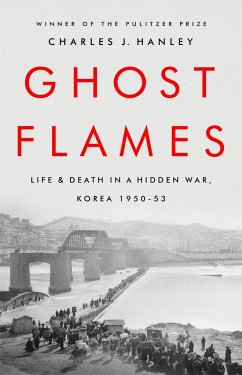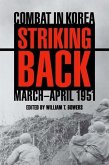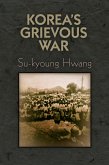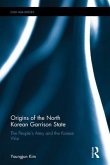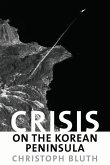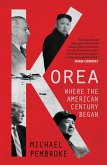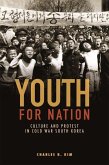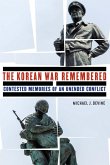"Although it was then perceived as a far-off and inconclusive engagement, the Korean War was a decisive and deeply destructive conflict. American forces dropped 635,000 tons of bombs over Korea --- more than the entire Pacific campaign of World War II --- and millions of Koreans perished. Today, mass graves still litter the countryside and two nuclear-armed forces stand at odds. In Ghost Flames, Charles Hanley adds new color and urgency by telling the history of the war through the eyes of twenty one individuals --- soldiers and civilians, male and female, young and old, witnesses both to atrocity and to heroism. The narrative unfolds in interwoven episodes, month by month, from the hilltop trench lines, the refugee camps and the prisoner-of-war camps. In time for the 70th anniversary of the beginning of the war, Hanley offers a people's history of the devastating events on the Korean Peninsula"--

